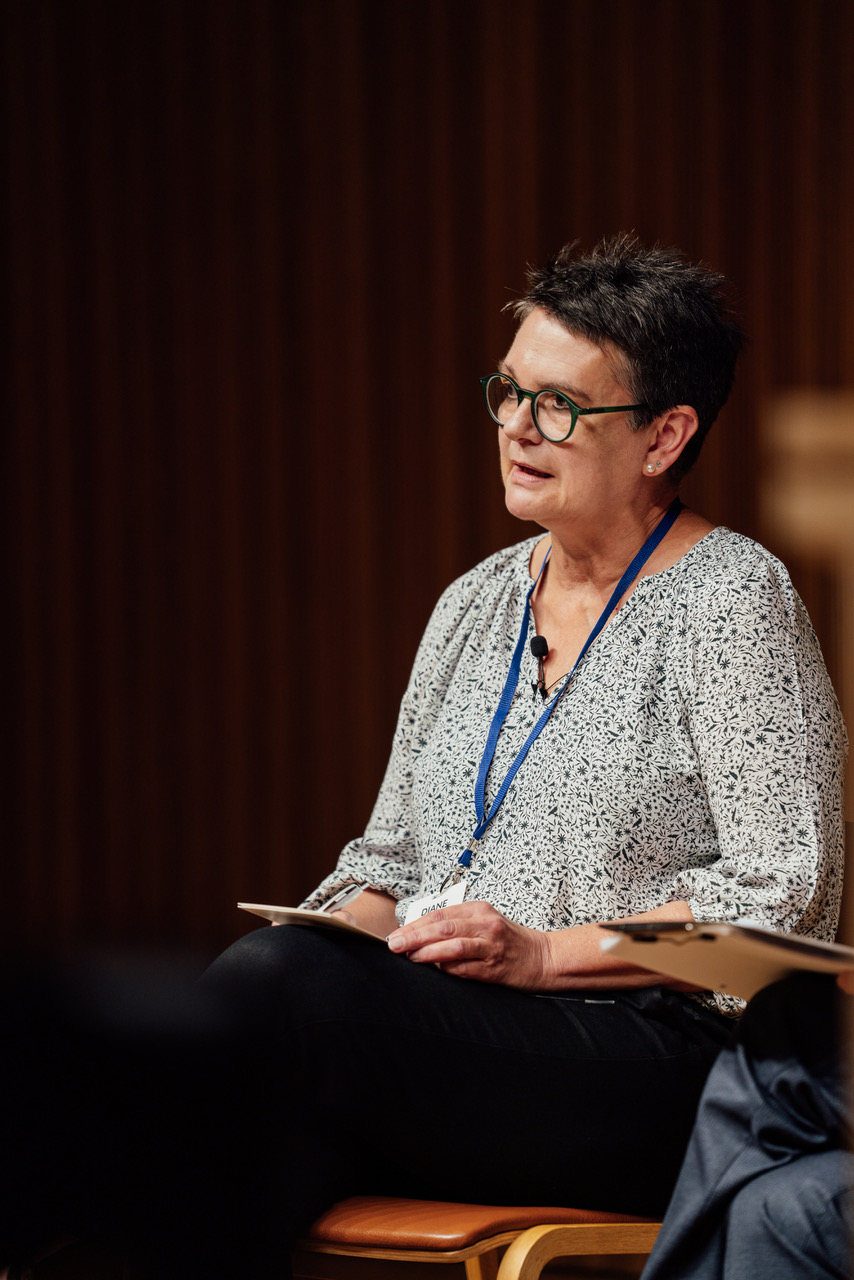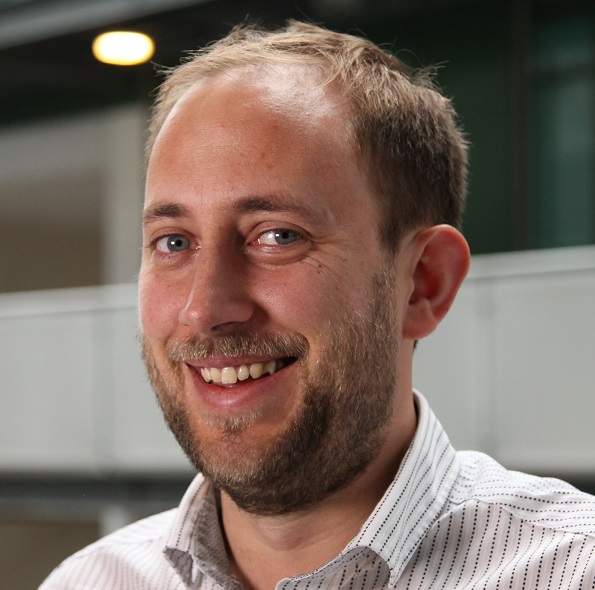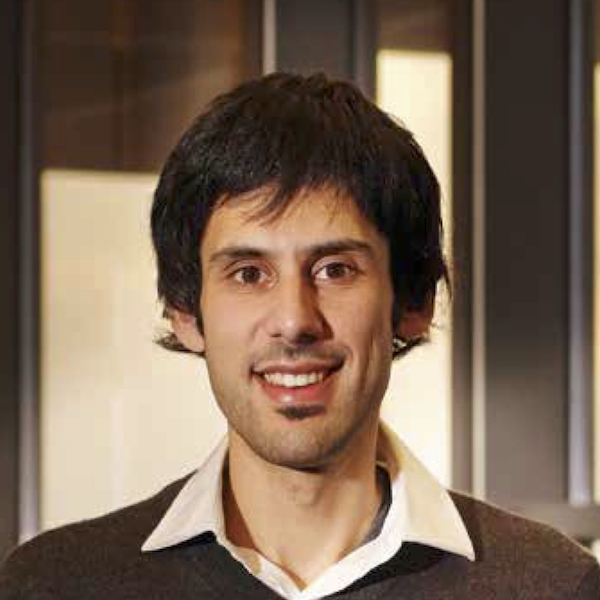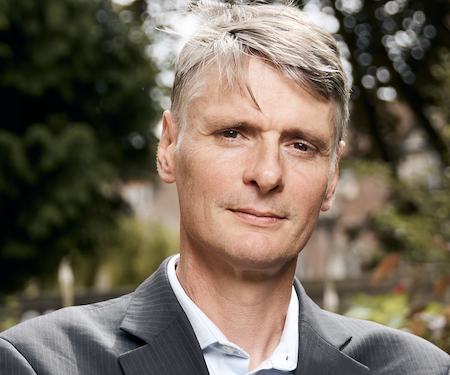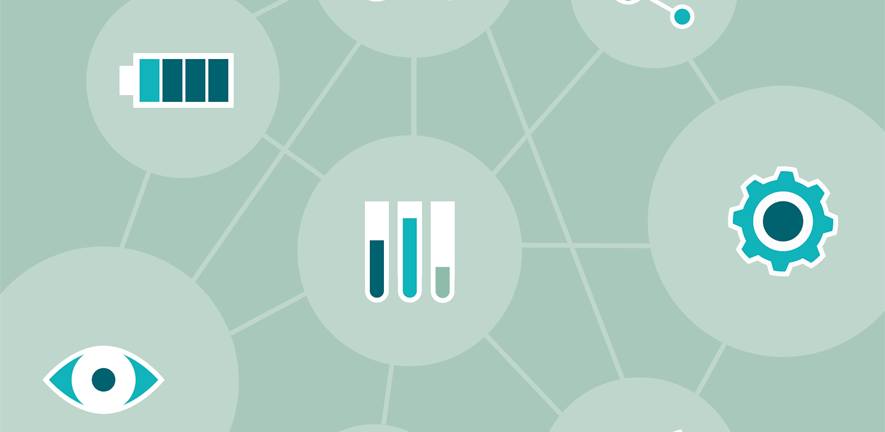This week, world leaders are gathering at Bletchley Park to consider the implications of rapid progress in AI, and how policymakers can work together to ensure advances in these powerful technologies benefit humanity. Effective AI policy requires the ability to bridge from technical to societal questions through interdisciplinary research, and ai@cam’s new series of blog posts highlights how Cambridge University’s AI research community is helping build these bridges. While only a snapshot of the views of a wider community, these articles demonstrate the breadth of AI research happening across the University.
Connecting insights from economics and AI policy, Professor Diane Coyle explores how we can harness progress in generative AI to boost productivity, highlighting the importance of competition policy in shaping how technology develops and who benefits from this progress.
Dr Ann Kristin Glenster and Sam Gilbert introduce their recent review of policy frameworks for generative AI, arguing for both stronger regulation and responsible research and innovation to manage the risks associated with AI development and use.
Reflecting on a paper that UK policymakers are using to inform regulatory responses, Dr Jennifer Cobbe and Dr Jat Singh consider the challenge of establishing mechanisms for accountability in the complex AI supply chains in use today.
Looking across the longer-term, Dr David Krueger argues that rapid progress is needed in AI evaluation tools to understand the risks associated with advanced AI.
And in the context of this week’s global discussion about AI governance, Dr Verity Harding sets out the importance of international collaboration in shaping how technologies develop, and how such collaboration can ensure a positive AI future.
Introducing the series, Professor Neil Lawrence notes: “We’re at a moment of steerage for AI technologies. How AI progresses over the next decade will be shaped by researchers, policymakers, and practitioners. Researchers across Cambridge are working on the challenge of ensuring that AI serves society; we hope this series gives an insight into some of this work.”
You can browse the blogs on our blog site.
ai@cam is the University of Cambridge’s flagship mission to create AI that serves science, citizens, and society. Leveraging the world-leading expertise found across the University, ai@cam will build an infrastructure for interdisciplinary innovation that connects AI development to public value, through challenge-led research, engagement with industry and policymakers, and support for education. ai@cam is launching in winter 2023, and further details about its activities will be available online at ai.cam.ac.uk. This series was produced with support from the Accelerate Programme for Scientific Discovery.



